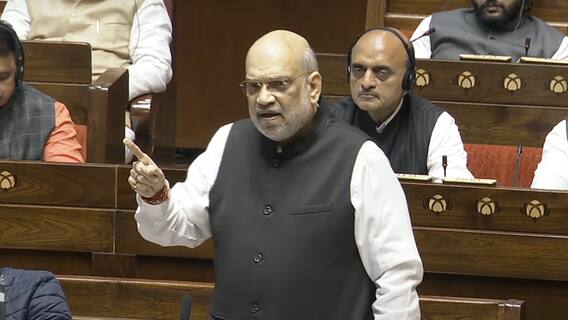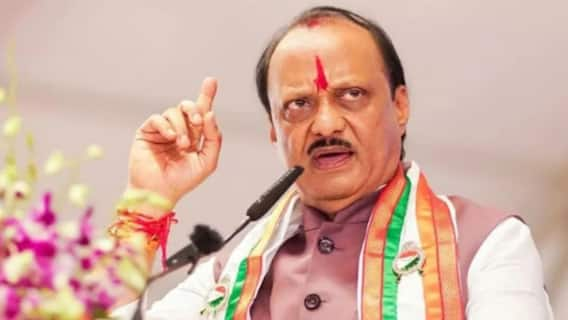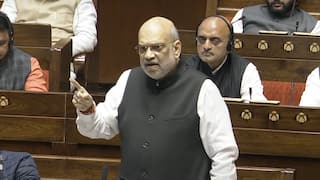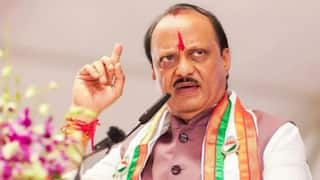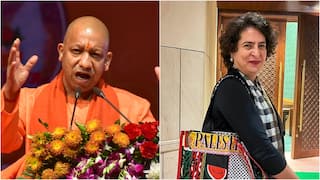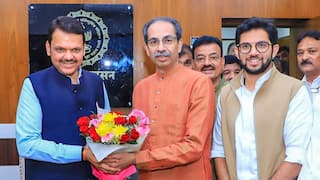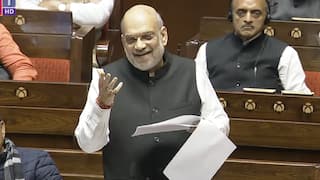Agriculture To Play Crucial Role In India's Growth Story, Crop Diversification Is Key: NITI Aayog Member Ramesh Chand
The NITI Aayog member said that agriculture clocked an increase of 5.30 per cent in employment generation in the last six years. The sector grew at a faster rate than China as well, he noted

Agriculture will continue to play an important role in India’s future growth story, said agriculture economist and NITI Aayog member Dr Ramesh Chand said at the India Dialog conference, organised by the Stanford University US-Asia Technology Management Center, in partnership with the Institute for Competitiveness, last week.
Highlighting the importance of the sector in the emerging economy, the official said agriculture will help India achieve sustainable, inclusive, and equitable growth in the future. The public policy think tank member noted that the growth pattern of the Indian economy differed from the Western economic thought.
According to the Western trend of development, he said, “When you move along, the share of agriculture in economy declines and employment in agriculture declines. However, this hasn't been happening in India. We don't expect it to happen the way it has been visualised in Western economic thought. Many people say when the economy grows, farm size becomes bigger and bigger, and the big fish eat small fish. That kind of thing didn't happen in Japan, China, and it is not likely to happen in India.”
He noted that the Asian growth model has emerged as a completely different one and after seeing seven decades of development, agriculture remains a large part of the Indian economy.
Over 5 Per Cent Employment Growth
In terms of employment, he stressed, that the agriculture sector in India continued to see major growth in employment generation in comparison to the other sectors, especially manufacturing. He noted that the manufacturing sector registered an employment growth rate of over 3 per cent, which "in itself is a good level of growth", but it remained insufficient to cater to an economy undergoing a "demographic transition".
He stated that agriculture, on the other hand, clocked an increase of 5.30 per cent in employment generation in the last six years. The sector grew at a faster rate than China as well, he noted.
Also Read : Doubling Farmers' Income: A Road Map For Driving Sustained National Growth By 2047
Reasons To Focus On Agriculture
The official stated that agriculture will play an important role in helping India grow as it is not only a source of employment but, also a source to help ensure inclusive growth. Agriculture can also help us fulfil the nutritional needs of the country, and cater to the shift in people’s demand towards organic, plant-based products, he noted.
Presenting the growth figures of different states on the agriculture front, Chand pointed out how Andhra Pradesh is way ahead of Punjab, which is known as an agriculture state, simply because of diversification. He said while Punjab is still stuck to a rice and wheat crop cycle "whose yield has plateaued", Andhra is diversifying towards high value crops with higher productivity.
He emphasised that certain farmer groups remained unconvinced by the government’s policies in the agriculture sector, but stressed that the authorities are holding frequent discussions with these groups. Showing growth figures in different segments of agriculture, such as fish, livestock, fruits and vegetables, and cereals etc, Chand said the rate is "inversely proportional to the kind of support the government is giving to each segment of agriculture". He pointed out that though the government gives highest support to wheat and rice, with a minimum support price and procurement and free or subsidies electricity in some states, the growth rate is minimum in this segment. In contrast, despite minimum intervention from the government, the highest growth rate is witnessed by the fisheries sector.
Chand went on to say that the segments supported by the government are actually "stifling the growth" overall by hindering diversification.
He added that India can produce a major agricultural surplus and will require competitiveness to find a market for the 25 to 30 per cent incremental output outside the country.
He noted that India could focus on natural, organic farming without having to worry about food security. At the same time, he stressed that the global food demand will be robust and India is positioned to capitalise on it if it can maintain a balance with sustainability and environmental concerns.
Trending News
Top Headlines





